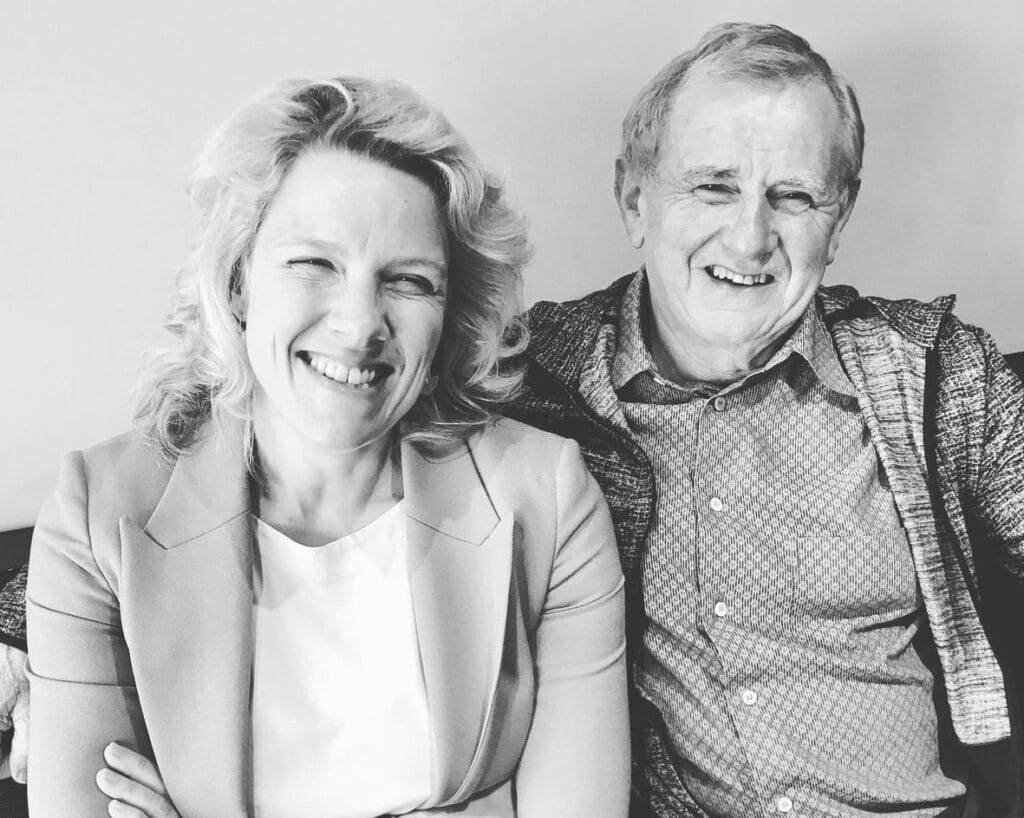Simon Crean only led the Australian Labor Party for two years, but during that time he cast a critical eye over Australia’s involvement in the Iraq war, delivering a stirring and defining parliamentary address opposing then Prime Minister John Howard’s Australian troop commitments.
Many will still remember when and where they were, watching Crean speak that day, the 5th of February 2003.
For those coming of age during the Howard years especially, and as the threat of terrorism was continually being used to justify secrecy and war commitments that lacked evidence for justification, Crean’s speech came as many felt powerless in the face of an unshakeable Howard Government, and a prime minister who delivered a captain’s call on war.
Many, many years later, Crean continued to call for more reflections on how momentous decisions about war were made, and should be made in the future. As he wrote in 2018, “It can’t be just a prime minister’s call. We need to find a better way to ensure it is a process and decision of the Parliament.”
What I’ve since learned today, on hearing about Crean’s sudden death overnight in Europe at the age of 74, is that Crean was also a great supporter of women in the Labor party.
Crean was a member for Hotham for 23 years, and a former president of the ACTU. Minister for Home Affairs Clare O’Neil, who succeeded Crean in his seat, described him as backing her “every moment of my life in the Labor Party”. She tweeted that he Crean also a devoted father, grandfather and husband.
O’Neil told ABC this morning that she met Crean when she was still a teenager, and that he was “warm and generous and kind to me then, and continued that every day that followed.”
She said he supported her when she ran for council, when she ran for mayor, and when she later won preselection for Hotham.
“Simon was warm and encouraging not just with me, but I know with a lot of other women in politics.”
O’Neil said Crean came into politics at a time when women still weren’t that powerful in the Labor Party, but things changed extensively during his time in office.
She said he always made sure that, “I knew he was supporting me every step of the way.”
Back in 2003, Crean was taking on Howard, accusing the PM of breaching the trust of Australians by committing troops to war, without explaining the full extent of what we were getting involved in and why.
During his defining parliamentary speech in opposition to the war, he powerfully questioned Howard’s commitment of troops to US President George W Bush, prior to the war being declared, and without the mandate of the Australian people, the parliament, or the United Nations.
Crean spoke of the largest single commitment of combat troops since the Vietnam war, and declared that no such decision of that level should ever be made without a just cause and reason why.
He spoke of the need to allow weapons inspectors to continue their work of searching for the “weapons of mass destruction” (which were never found) and outlined his support for the role of the United Nations.
“The Australian people don’t want peace at any cost, but they don’t your war at any price,” he said.
“The prime minister is playing on the fear of Australians – the fear of the threat of terrorism.
“By threatening war alongside George Bush he isn’t addressing the fear, he’s adding to it. He is heightening the risk.
“He is increasing our vulnerability.”
Later in October 2003, Crean shared his opposition to the war directly in front of US President George W Bush, who was on the floor of parliament during an official visit, when Crean said that “friends disagree, as we on this side did with you on the war in Iraq.”
Crean would continue to speak up against the power of one individual to take a country to war.
In 2018, he wrote in an opinion piece on Labor’s decision to oppose the war, declaring it the right decision.
“Today more than ever, in a period when there is much less trust in government and our political institutions, we need to reflect on how such a momentous decision should be made in the future.
It can’t be just a prime minister’s call. We need to find a better way to ensure it is a process and decision of the Parliament.”
Crean was in Germany as part of an industry delegation. He died following his morning exercise. He is survived by two daughters, and a wife Carole Crean, whom he was married to for more than 50 years. He was 74.


